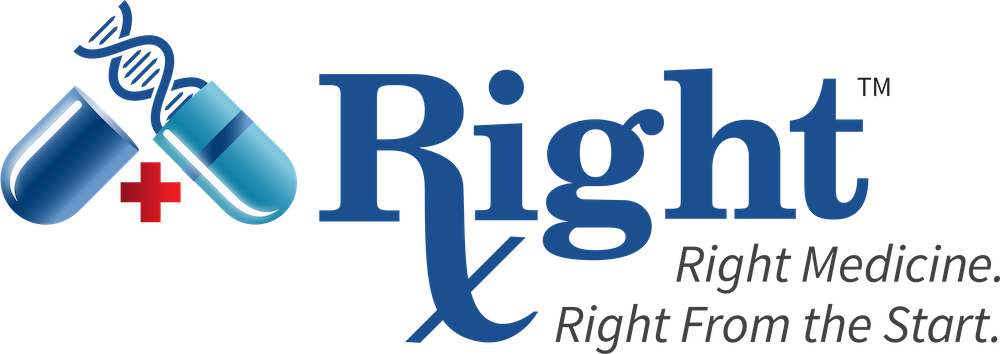National Hydration Day: The Impact of Hydration on Drug Metabolism and Testing
On National Hydration Day, we take the opportunity to highlight the often overlooked, yet critical role that hydration plays in various physiological processes, including drug metabolism and drug testing. As a leader in pharmacogenetics (PGx) and toxicology testing, MD Labs understands the profound implications hydration status can have on test results and patient care.
Hydration and Drug Metabolism: An Essential Connection
Hydration is fundamental to our bodies' normal functioning. It aids in maintaining a stable internal environment, promoting proper circulation, nutrient transportation, and waste elimination. Among the many processes it influences is drug metabolism – the process by which the body breaks down and eliminates medications.
When adequately hydrated, our bodies can more effectively metabolize and eliminate drugs. However, dehydration can slow down this process, leading to higher drug concentrations in the bloodstream and potentially increasing the risk of adverse effects (1).
The Role of Hydration in Drug Testing
Hydration can also affect the accuracy of drug testing. Urine and oral fluid drug tests, for example, can be influenced by the individual's hydration status. Overhydration might dilute the concentration of drugs, leading to potential false-negative results. Conversely, dehydration can increase drug concentrations, potentially leading to false positives or overestimation of drug use (2).
Upholding Test Integrity at MD Labs
At MD Labs, we understand the potential effects of hydration on test results. We employ robust laboratory practices and advanced methodologies to ensure we provide the most accurate and reliable results possible, irrespective of hydration status. For our oral fluid testing, we utilize state-of-the-art technologies that measure the total quantity of a drug rather than its concentration, mitigating the impact of hydration variations (3).
Moreover, we offer education and resources to healthcare providers, helping them understand the factors that can affect test results, such as hydration status. By promoting a thorough understanding of these elements, we empower healthcare providers to make the most informed clinical decisions for their patients.
This National Hydration Day, we not only advocate for staying hydrated for overall health but also highlight its significance in the realm of drug metabolism and testing. At MD Labs, we are committed to upholding the highest standards in testing, taking into account all factors that could impact results, to ensure our services' integrity and precision.
References:
Davison, J. M., & Sheills, E. A. (1998). The impact of hydration status on renal physiology and the regulation of body fluid homeostasis. Clinical physiology, 18(6), 481-500.
Hoiseth, G., Fosen, J. T., Liane, V. H., Bogstrand, S. T., & Mørland, J. (2018). The effect of alcohol and drug use on the concentrations of drugs in oral fluid. Forensic Science International, 292, 46-52.
Cone, E. J., & Huestis, M. A. (2007). Interpretation of oral fluid tests for drugs of abuse. Annals of the New York Academy of Sciences, 1098(1), 51-103.
